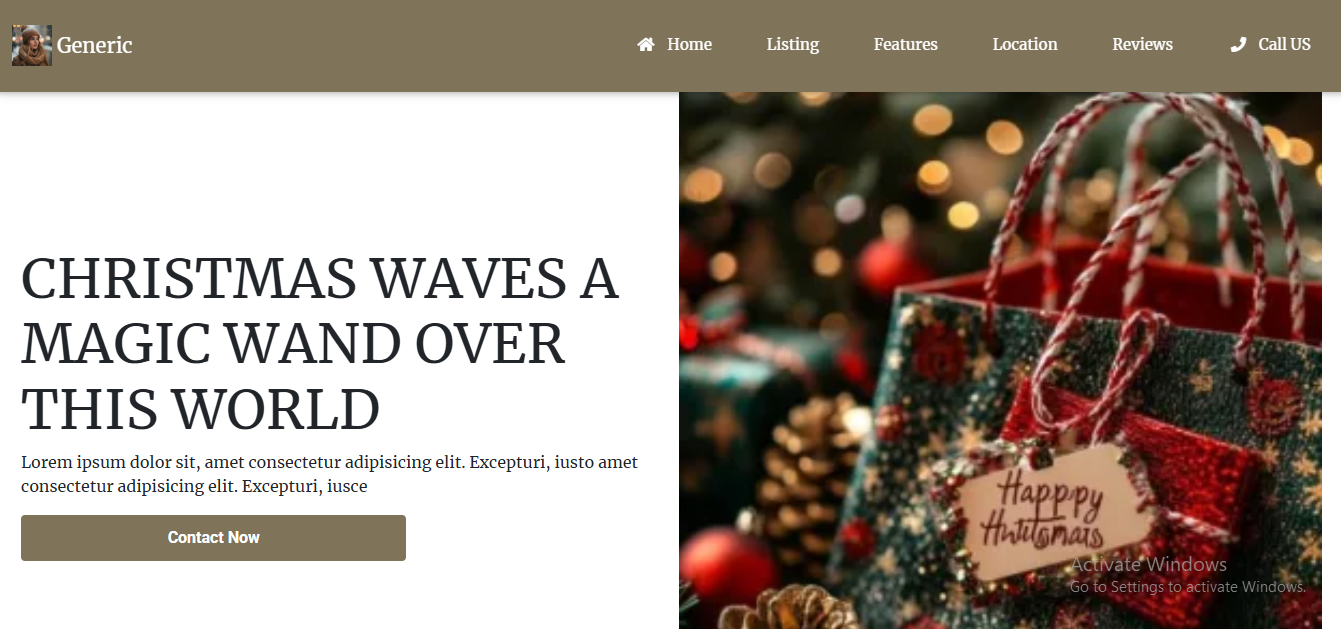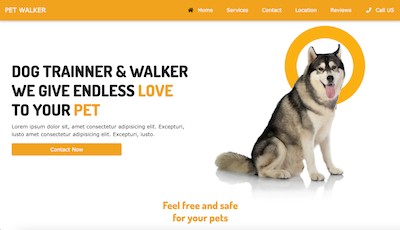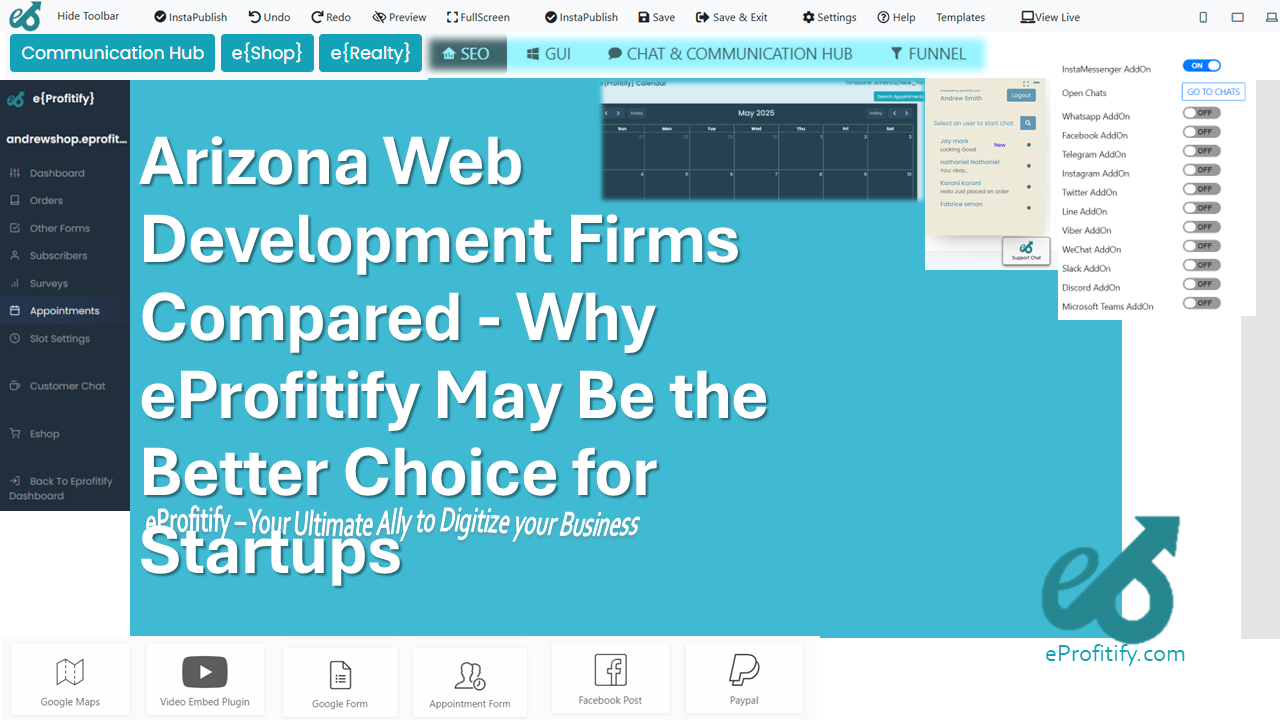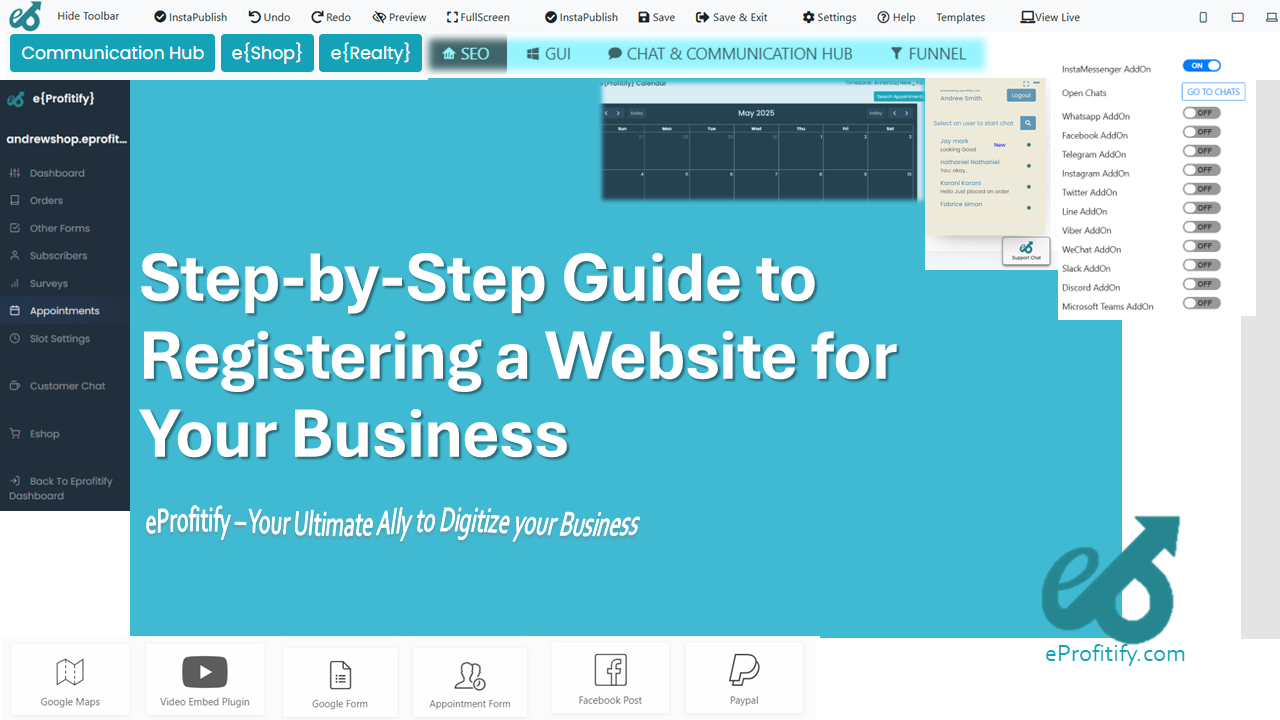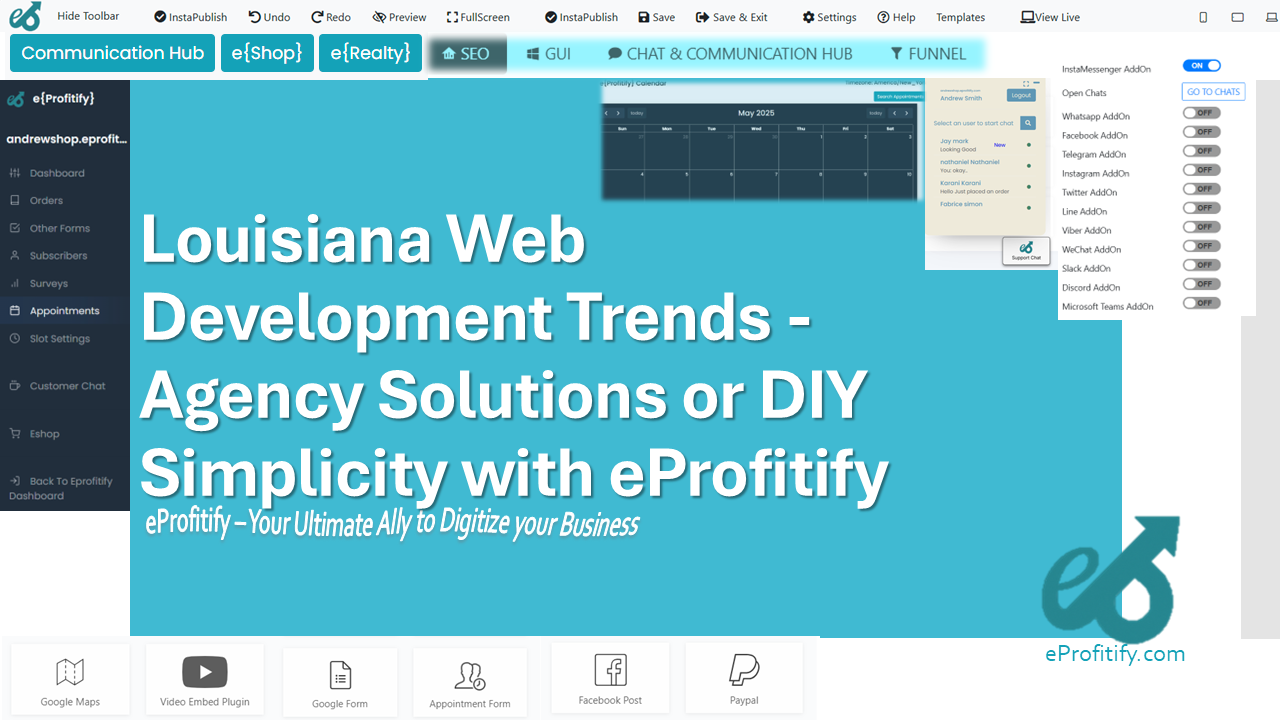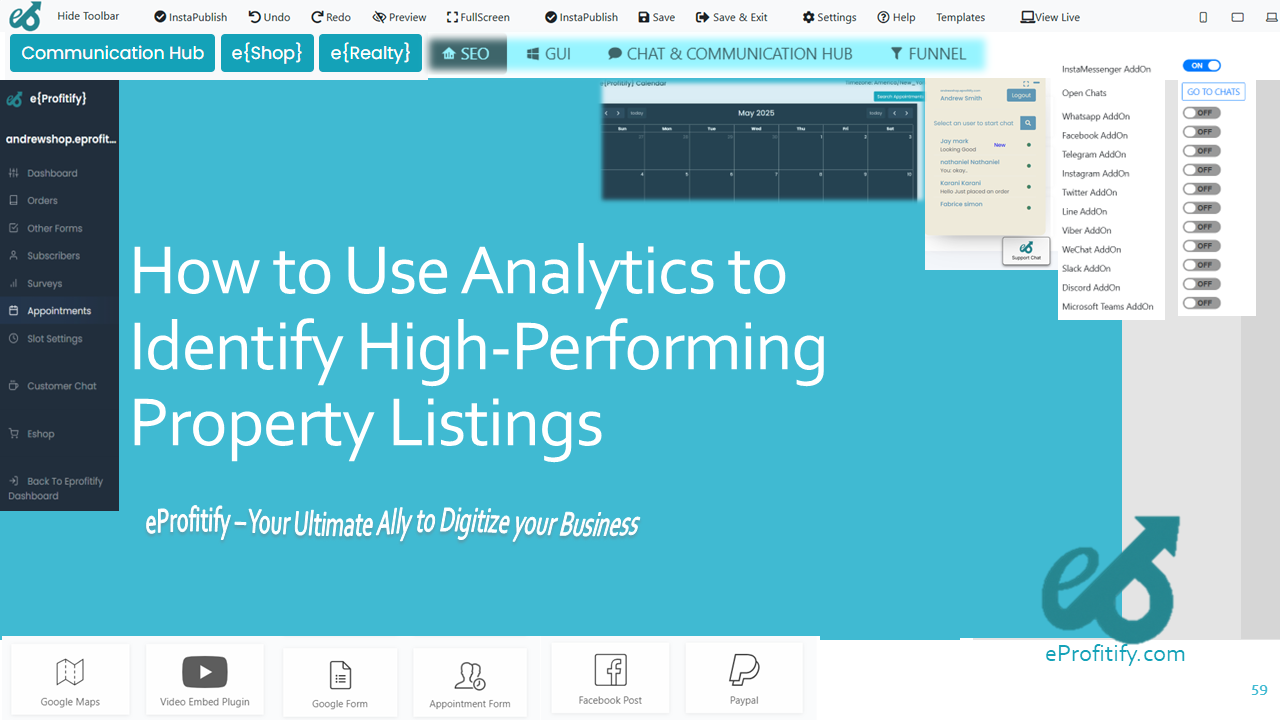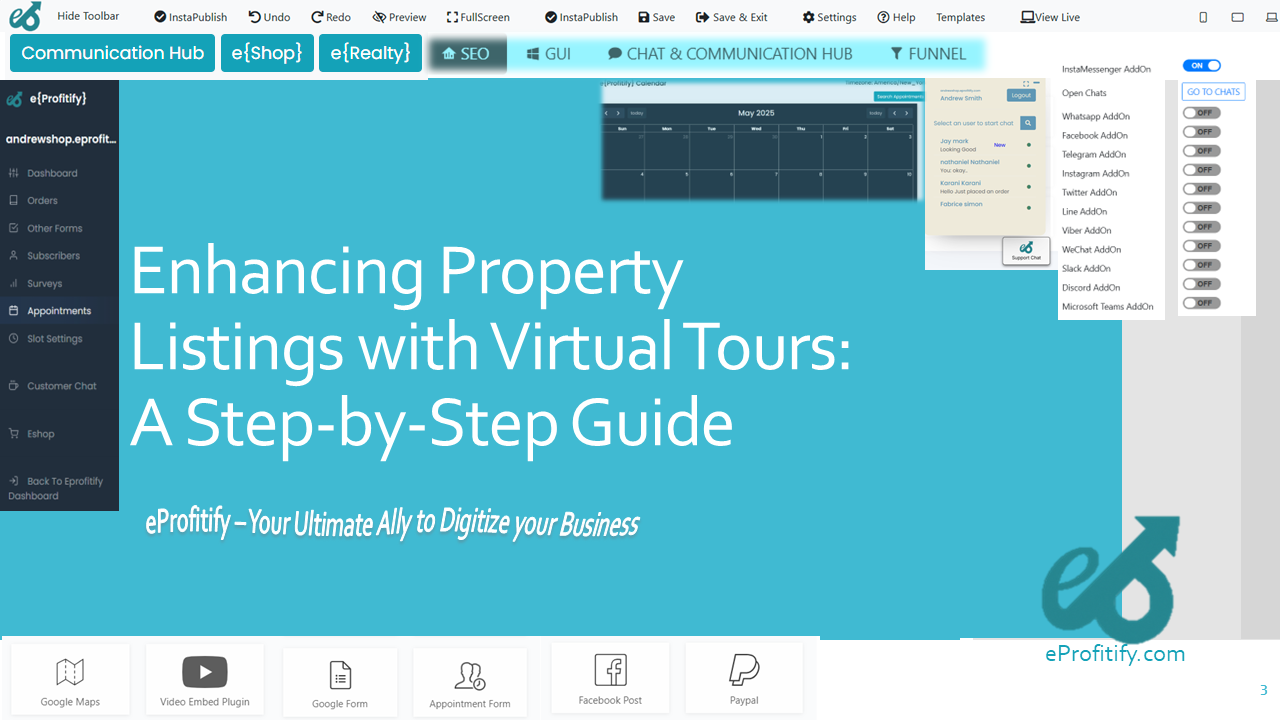Vermont Web Design Trends - Agency Expertise vs eProfitify DIY Independence
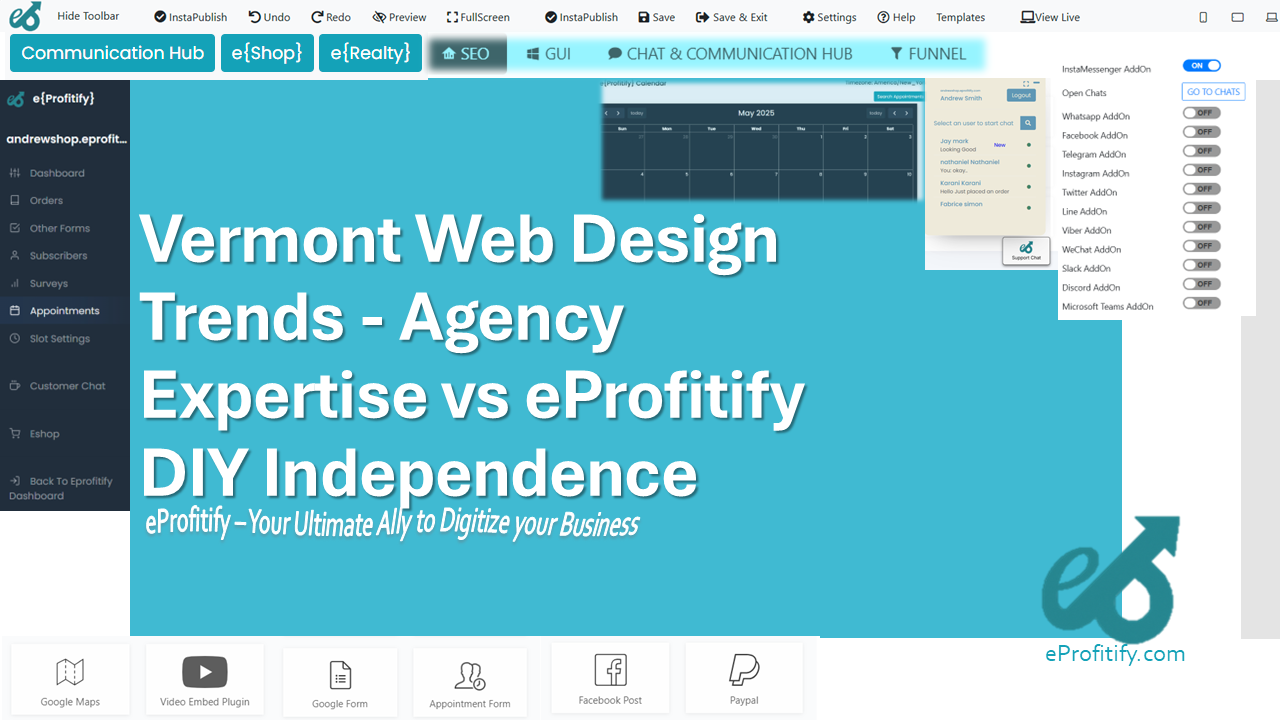
Schedule a LIVE Zoom call with an eProfitify Expert.
Vermont Web Design Trends: Balancing Agency Expertise with eProfitify’s DIY Independence
In Vermont’s picturesque landscape of small towns, artisanal shops, and tourism-driven enterprises, a strong online presence is no longer optional—it’s essential. As businesses adapt to shifting consumer behaviors, web design trends have evolved to prioritize mobile responsiveness, local SEO, sustainability, and integrated tools for customer engagement. However, Vermont entrepreneurs face a critical decision: partner with a professional web design agency or embrace DIY platforms like eProfitify, a leading website publishing and management tool. This article explores current trends, compares agency expertise with eProfitify’s independence, and highlights how Vermont businesses can thrive in the digital age.
Vermont’s Web Design Landscape: Trends and Statistics
Vermont’s economy is anchored by small businesses, which comprise 99.6% of all enterprises in the state, according to the U.S. Small Business Administration. Yet, as of 2022, only 64% of Vermont’s small businesses had a website, lagging behind the national average of 71%. Post-pandemic, this gap has begun closing, driven by the realization that 68% of consumers research businesses online before visiting (BrightLocal, 2022). Key trends shaping Vermont’s web design priorities include:
- Mobile-First Design: With 60% of web traffic in tourism-heavy regions coming from mobile devices, responsive design is non-negotiable.
- Local SEO: Businesses targeting keywords like “Vermont ski resorts” or “Burlington coffee shops” need geo-specific optimization to attract tourists and locals.
- Sustainable Web Practices: Eco-conscious brands opt for low-energy designs, optimized images, and green hosting solutions.
- Integrated Tools: Features like appointment booking, ecommerce, and CRM systems streamline operations for Vermont’s hospitality and retail sectors.
Agency Expertise: Customization and Strategic Depth
Web design agencies offer tailored solutions for businesses seeking a competitive edge. Agencies like Burlington-based Union Street Media or Think Productions combine technical prowess with local market insights.
Pros of Agency Partnerships
- Bespoke Design: Custom websites align with brand identity, from Stowe’s rustic B&Bs to Montpelier’s tech startups.
- Advanced SEO: Agencies optimize for Vermont-specific search trends, improving visibility in crowded markets.
- Scalability: Growing businesses benefit from architectures built for long-term expansion.
- Support: Ongoing maintenance, security updates, and troubleshooting save time for busy entrepreneurs.
Cons of Agency Partnerships
- Cost: Agency projects range from $5,000 to $15,000+ (Clutch.co, 2023), a steep investment for small businesses.
- Timeline: Custom builds often take 3–6 months, delaying time-to-market.
eProfitify DIY Independence: Affordability and Agility
For Vermont businesses prioritizing speed and affordability, DIY platforms like eProfitify offer a compelling alternative. As a leading website publishing and management tool, eProfitify empowers users to launch professional sites with features once reserved for agency clients.
Key Features of eProfitify
- Instant Messaging: Real-time chat boosts engagement for Vermont’s hospitality businesses.
- Appointment Management: Ski rental shops or wellness centers automate bookings.
- Ecommerce Integration: Farm-to-table vendors sell products online with payment gateways and inventory tracking.
- CRM Tools: Track customer interactions and nurture leads without third-party software.
- SEO and Analytics: User-friendly dashboards simplify local SEO and performance tracking.
Pros of eProfitify
- Cost-Effective: Starting at $30/month, eProfitify is accessible for bootstrapped businesses.
- Speed: Launch a functional site in under two weeks, critical for seasonal ventures.
- Control: Update content instantly without agency dependencies.
- All-in-One Platform: Combines design, marketing, and management tools, reducing app sprawl.
Cons of eProfitify
- Template Limitations: Less uniqueness compared to custom designs.
- Learning Curve: While intuitive, mastering advanced features requires time.
Agency vs. eProfitify: Which Is Right for Vermont Businesses?
The choice hinges on business size, budget, and goals:
| Factor | Agency | eProfitify |
|---|---|---|
| Cost | High ($5k–$15k+) | Low ($30+/month) |
| Time to Launch | 3–6 months | 1–4 weeks |
| Customization | Fully bespoke | Template-based with moderate flexibility |
| Support | Personalized service | Self-service + tutorials |
| Scalability | Built for growth | Requires plan upgrades |
Case in Point: A Shelburne vineyard needing a unique, scalable site with intricate ecommerce might choose an agency. Conversely, a Woodstock art gallery launching a seasonal exhibit could use eProfitify to quickly set up appointments and sell artwork online.
Conclusion: Matching Solutions to Vermont’s Needs
Vermont’s blend of tradition and innovation demands web solutions that reflect its unique character. Agencies excel in delivering high-touch, strategic projects, while eProfitify democratizes access to powerful tools for DIYers. With 10,000+ businesses nationwide already leveraging eProfitify’s features—including Vermont-based creameries, inns, and retailers—the platform is reshaping how small businesses compete online.
Ultimately, the decision boils down to priorities: Choose agencies for unparalleled customization and expertise, or embrace eProfitify for affordability and independence. In a state where community and craftsmanship reign, both paths can lead to digital success.
Statistics sourced from U.S. Small Business Administration, BrightLocal, Clutch.co, and eProfitify user data.
